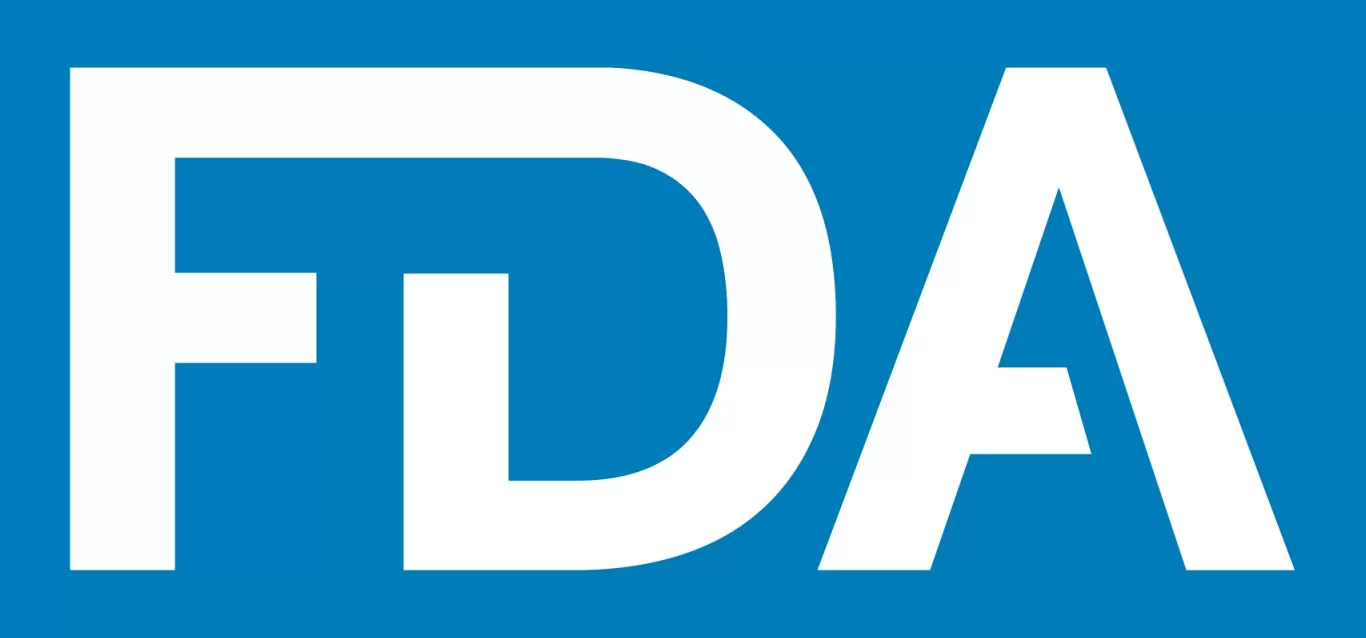Outcomes of a Marathon FDA Meeting on the Safety of Gene Replacement

There is a great deal of excitement and anticipation surrounding gene replacement therapy in the Rett syndrome community. At RSRT we share that excitement and urgency. Since 2010 we’ve invested almost $11 million in gene replacement programs.
Remarkably, our Gene Therapy Consortium, which RSRT conceived of and launched in 2014, has incubated all of the current gene replacement therapy programs: Novartis, Taysha, University of Edinburgh and UPENN. Pending approval from US and European regulatory authorities we are optimistic that clinical trials will begin by the end of 2021 or early 2022.
The gene replacement field as a whole has been enjoying a renaissance in the last several years. Recent scientific advances have resulted in billions of dollars of new investments by numerous biopharmaceutical companies and the initiation of hundreds of clinical trials. Currently there are two approved gene replacement therapeutics on the market: Zolgensma for spinal muscular atrophy and Luxturna for an inherited form of retinal dystrophy.
As is often the case in relatively young fields, significant advances are accompanied by safety concerns. Although generally considered safe, serious transient side effects have occurred in roughly one third of subjects treated with gene replacement. Tragically four children with a rare muscle-wasting disease called MTM1 recently died after developing liver failure. It’s important to note that all these children had underlying liver issues as part of the disease. In addition to the side effects that occurred in the clinical trials, there are a number of theoretical risks that are of concern, even though they have never been observed in people who received gene replacement.
When making decisions about whether to allow a clinical trial to begin, members of the FDA are tasked with defining the acceptable risk-benefit ratio. FDA is optimally positioned for this task as team members carefully review the animal safety, tolerability and efficacy data for each gene replacement therapy before allowing human trials to begin. These members also perform in-depth reviews of safety, tolerability and efficacy for every dose of gene therapy administered in every clinical trial performed in the US. As more trials are performed, the FDA, as the single overarching reviewer, gains additional insights and becomes better able to assure the safety of trial participants. Indeed, FDA is constantly incorporating new insights to enhance safety for study participants and published several new guidance documents last year. Nevertheless, the ability to accurately predict and assure safety in human trials is still evolving and incomplete.
To further address both real and theoretical safety concerns, FDA convened a panel of experts on September 2, 2021 to review the overall safety of gene therapy, with a particular focus on gene replacements delivered with an adeno-associated virus (AAV).
Of note, AAVs have been used to deliver approved gene replacement therapies in the US, are currently used in dozens of ongoing clinical trials, and are also utilized as the delivery vehicle for the Rett syndrome programs.
The FDA advisory panel made several recommendations that included requirements for additional testing in animals and trial participants, as well as increasing the duration of monitoring individuals after treatment. Although concerned about the serious side effects reported in several studies, the panel recommended that clinical trials continue and that limitations by the FDA are not warranted at this time.
In summary, studies in animals suggest that gene replacement therapy has potential to provide profound benefit for individuals with Rett syndrome. Studies in animals also identify the potential for adverse effects. Despite a rapidly expanding knowledge base, it is not currently possible to definitively predict how the benefits and risks observed in the animal models will translate to people with Rett syndrome. These answers can only be provided by conducting the trials.
RSRT’s informed scientific judgement is that gene replacement has the potential to provide significant benefit. We are also confident that FDA will leverage their expertise and knowledge to minimize risk and maximize the potential for benefit. Nevertheless, the greatest risks will fall on the individuals that participate in these first trials and the decision of whether to participate will ultimately need to be made with a personal assessment of the risk benefit on an individual basis.


